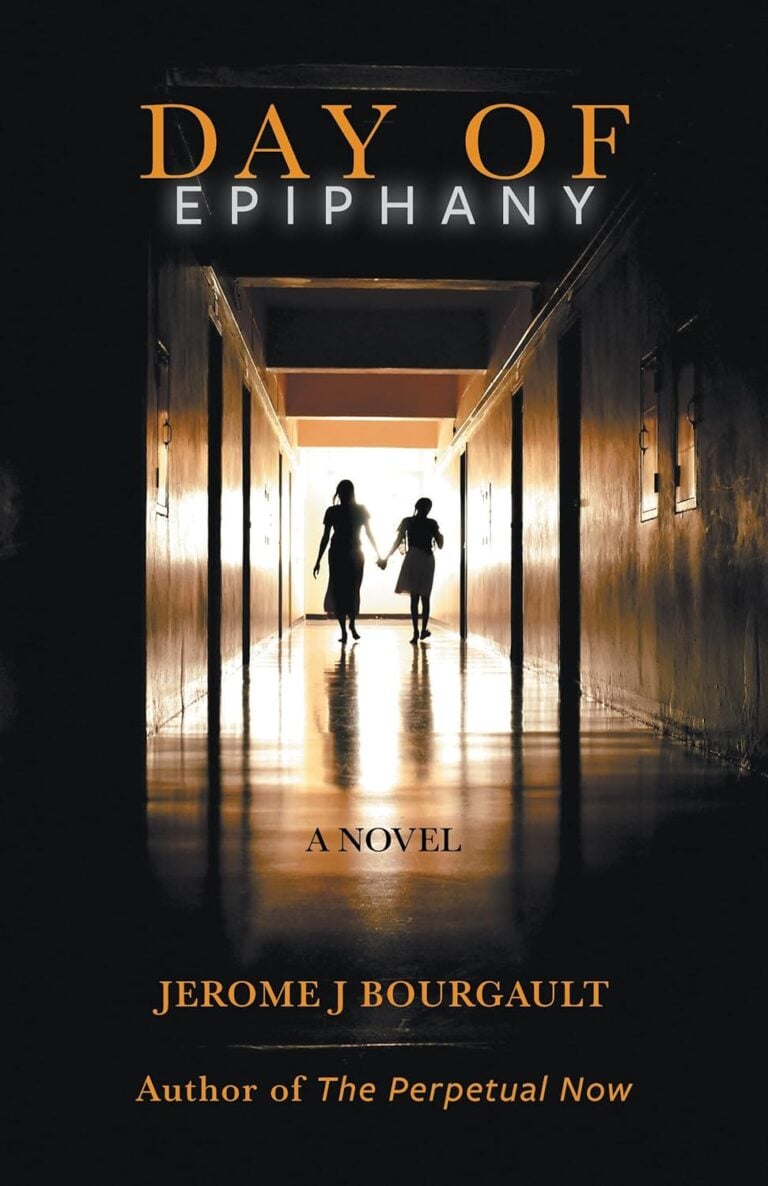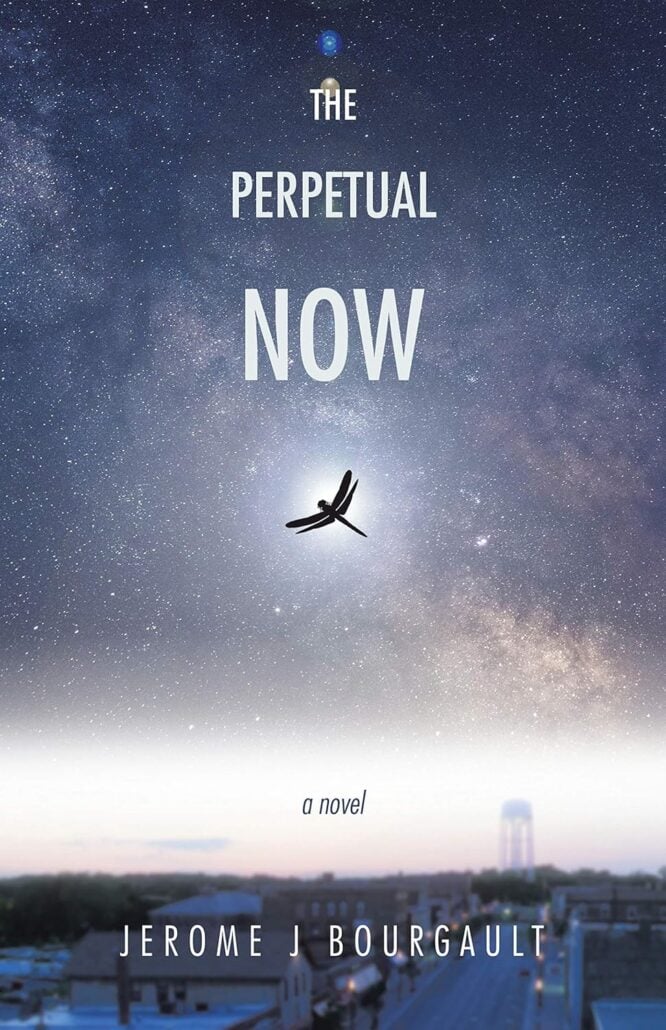Day of Epiphany received a 4+ star review, making it an IndieReader Approved title.
Following find an interview with author Jerome J Bourgault.
What is the name of the book and when was it published?
Day of Epiphany, published October 21, 2024
What is the book’s first line?
“In the cold darkness of the cell, it was impossible to keep track of time.”
What is the book about? Give us the “pitch”.
Québec in the 1950s, a period that would come to be known as The Great Darkness. A young nun must take increasingly drastic measures against the Church, the government and the medical establishment to save the orphans under her care from horrific experimental treatments and unspeakable abuse. Inspired by actual events.
What inspired you to write the book?
A number of things. A long time ago, a friend of mine had suggested an idea for the opening scene of a novel: a penitent during Holy Confession admits to killing someone, creating a terrible dilemma for the priest. This was long before I ever thought to become a novelist, and the idea was stored away. Decades later, I became increasingly curious about the Duplessis years in Québec and the plight of the Duplessis Orphans in particular, in which the Catholic Church was deeply complicit; it was a story relatively few people in English-speaking Canada knew about. Eventually, I dug up the old scenario of the confession and used it as a springboard to introduce the story of a nun, a priest, and their respective involvements with a number of terrible events that took place at an orphanage years earlier.
What’s the main reason someone should really read this book?
As I mentioned, relatively few people know the story of the Duplessis Orphans outside of Québec, and aside from Joanna Goodman’s excellent novel, The Home for Unwanted Girls, it is an episode of Canadian history that has been largely ignored in popular fiction. Worse yet, the number of survivors is dwindling: as of 2018, out of some 7000 victims, only an estimated three hundred were still alive.
What’s the most distinctive thing about the main character?
Sister Cassandra Lalonde is dedicated and hard working, energetic and optimistic. The most distinctive aspect of her character is how she alone remains devoted to the children she swore to protect, even when all of her peers succumb to cynicism and willful blindness.
When did you first decide to become an author?
The short answer is 2014. The profession of “author” was not my initial calling. Though the seed was planted in childhood, it only became a reality after a winding and varied career that included degrees in Communications and Anthropology, training in the fine arts, acting for the stage and screen, work in communication and design, and teaching. I knew I had stories to tell, but it wasn’t until my life circumstances aligned in 2014 that I was able to explore and develop them.
Is this the first book you’ve written?
This is my second. My first book, The Perpetual Now—which I describe as a coming-of-age/sci-fi/mystery—was published in March of 2020.
What do you do for work when you’re not writing?
Mostly, I teach French. I still get the occasional acting gig, but I’m not chasing those the way I used to. I also do French-to-English translating, and some graphic design work as well.
How much time do you generally spend on your writing?
When I’m in actual writing mode, I can spend hours at a stretch—sometimes spilling out into days— but that only comes about when the thoughts that I’ve been incubating over days and weeks all come pouring out at once.
What’s the best and the hardest part of being an indie?
The best thing is the creative freedom to tell my stories the way I feel they should be told. The hardest things are the lack of organizational support—especially when it comes to promotion— and the pervasive stigma that is attached to being a self-published author. It’s a constant uphill battle.
What’s a great piece of advice that you can share with fellow indie authors?
Write about what excites you, what sparks your imagination, even if—especially if—you don’t know all that much about it to start with. You’ll learn, and research will be a joy rather than drudgery.
Would you go traditional if a publisher came calling? If so, why?
That’s a tough one. I might, but only if I were assured complete or near-complete creative autonomy.
Is there something in particular that motivates you (fame? fortune?)
Two things. First, great writing by other authors inspires me to write, just as beautiful art makes me want to create great art, etc. But mostly, I just want to tell stories and I want people to read them. Of course, it would be brilliant if one became a best-seller and adapted for the screen (both of my novels have Netflix mini-series written all over them), but the stories themselves are the reason I do it: they take on a life of their own and, as an author, you get obsessed with where they go and what happens to your characters.
Which writer, living or dead, do you most admire?
There are FAR to many to list, so I’ll just mention one: David Mitchell, author of Cloud Atlas, The Bone Clocks, Black Swan Green, Utopia Avenue, etc. If Mitchell were to publish his grocery list, I would buy the hardcover edition!
Which book do you wish you could have written?
The Goldfinch, by Donna Tartt.


